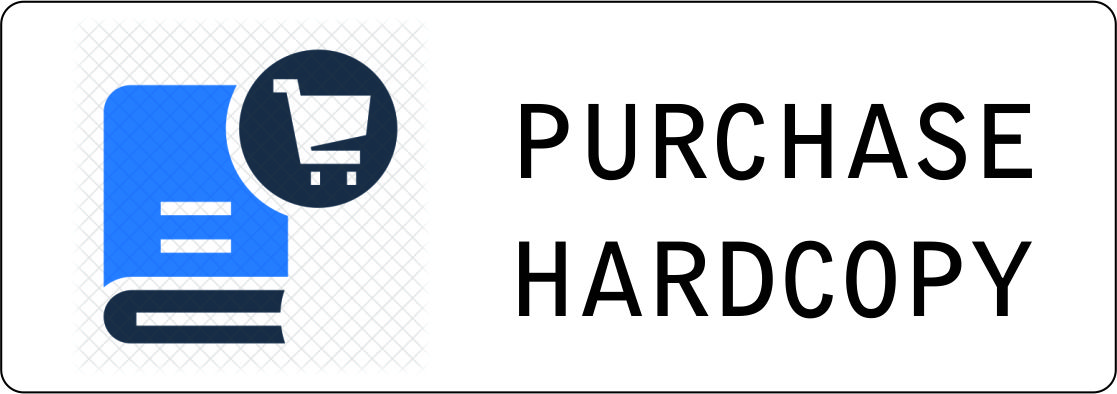Literasi digital mahasiswa dan faktor-faktor yang berpengaruh
Downloads
Bayuningrum, W. A. 2021. Curiosity dalam kehidupan sehari-hari. psychological Journal Science and Practice, 1(1), 32–36.
Dinata, K. B. (2021). Literasi digital dalam pembelajaran daring. Jurnal Eksponen, 11(1), 20-27.
Efendi, M. A., & Hanif, M. (2022). Pengaruh Literasi Digital dan Pembelajaran Daring Terhadap Hasil Belajar IPS Siswa Kelas V SDN 3 Karangan. Jurnal Pendidikan, 10(2), 253-267.
Eryansyah, et al. (2020). Pre-Service EFL Teachers' Digital Literacy and Factors Affecting Digital Literacy Development. Indonesian Research Journal in Education, 4. 402-412.
Fauzana, A., & Firman. (2019). The Relationship of Self Determination with Student Learning Outcomes of Skipping at SMAN 5 Pariaman. Jurnal Neo Konseling, 1(2), 1–6. DOI: 10.24036/00121kons2019
Gilster. (1997). Digital Literacy. New York: Wiley.
Hague, C., & Payton, S. (2010). Digital literacy across the curriculum. UK: Futurelab.
Herianto, & Wilujeng, I. (2020). The Correlation between Students' Curiosity and Generic Science Skills in Science Learning. Jurnal Inovasi Pendidikan IPA, 6(2), 237–246. DOI: 10.21831/jipi.v6i2.37382
Kemdikbud. (2017). Materi Pendukung Literasi Digital. Jakarta.
Kurnia, N., & Astuti, S. I. (2017). Peta Gerakan Literasi Digital di Indonesia: Studi tentang Pelaku, Ragam Kegiatan, Kelompok Sasaran dan Mitra yang Dilakukan oleh Japelidi. Informasi: Kajian Ilmu Komunikasi, 47(2), 149–166. DOI: 10.21831/informasi.v47i2.16079
Kurnianingsih, I., Rosini, R., & Ismayati, N. (2017). Upaya Peningkatan Kemampuan Literasi Digital Bagi Tenaga Perpustakaan Sekolah dan Guru di Wilayah Jakarta Pusat Melalui Pelatihan Literasi Informasi. Jurnal Pengabdian Kepada Masyarakat, 3(1), DOI: 10.22146 /jpkm.25370
Lindholm, M. (2018). Promoting curiosity?: possibilities and pitfalls in science education. Science and Education, 27(9–10), 987–1002. DOI: 10.1007/s11191-018-0015-7
Ng, W. (2012). Can we teach digital natives digital literacy?. Computers& & Education, 59 (2012), 1065-1078. DOI: 10.1016/j.compedu.2012.04.016
Naufal, H. A. (2021). Literasi Digital. Perspektif, 1(2), 195–202. DOI: 10.53947/perspekt.v1i2.32
Oudeyer, P.-Y., Gottlieb, J., & Lopes, M. (2016). Intrinsic motivation, curiosity, and learning: Theory and applications in educational technologies. Progressin Brain Research, 229, 257–284. DOI: 10.1016/bs.pbr.2016.05.005
Peterson, C., & Seligman, M. E. P. (2004) Character Strengths and Virtues A Handbook and Classification. American Psychological Associationc.750 First Street, NE, Washington, DC 20002-4242
Pluck, G., & Johnson, H. L. (2011). Stimulating curiosity to enhance learning. GESJ: Education Sciences and Psychology, 2(19), 24-31.
Potter, J. W. (2005). Media Literacy. London: Sage Publication.
Reeve, J. M. (2002). Self-Determination Theory Applied to Educational Settings. In Handbook of Self-Determination Research,E.L.Deci and R. M. Ryan, Eds., pp. 183–203, University of Roches-ter Press, Rochester, NY, USA.
Richard. R. M., & Edward. (2017) Self determination theory: Basic Psychological Needs in Motivation, Development and Wellness. New York: The Guilford Press.
Ryan, R. M., & Deci, E. L. (2017).Self-determination theory: Basic psychological needs in motivation, development, and wellness. New York: Guilford Press.
Salirawati, D. (2012). Percaya diri, keingintahuan, dan berjiwa wirausaha: Tiga karakter penting bagi peserta didik [Percaya diri, rasa ingin tahu, dan jiwa wirausaha: Tiga ciri penting bagi peserta didik]. Jurnal Pendidikan Karakter/ Jurnal Pendidikan Karakter, 2(2), 213–224.
Sharron & Abraham, J. (2015). The Role of Curiosity in Making Up Digital Content Promoting Cultural Heritage. 5th Arte Polis International Conference and Workshop – "Reflections on Creativity: Public Engagement and The Making of Place", Arte-Polis 5, 8-9 August 2014, Bandung, Indonesia
Sumiati, E., & Wijonarko. (2020). Manfaat Literasi Digital bagi Masyarakat dan Sektor Pendidikan pada saat Pandemi Covid-19. Buletin Perpustakaan Universitas Islam Indonesia, 3(2), 65-80.
Syah, R., Darmawan, D., & Purnawan, A. (2019). Analisis Faktor yang Mempengaruhi Kemampuan Literasi Digital. Jurnal Akrab: Aksara agar Berdaya, 10(2), 60–69. DOI: 10.51495/jurnalakrab.v10i2.290
VandenBos, G.R. (2007). APA dictionary of psychology. Washington, DC: American Psychological Association.
Vansteenkiste, M., et al. (2005). Experiences of Autonomy and Control Among Chinese Learners: Vitalizing or Immobilizing?. Journal of Educational Psychology, 97(3), 468–483.
Wu, Q., Shen, Z., & Miao, C. (2013, Juni). Merangsang rasa ingin tahu siswa dengan agen pendamping di lingkungan belajar virtual. Dalam J. Herrington, A. Couros & V. Irvine (Eds.), EdMedia+ Innovate Learning (hlm. 2401-2409). Asosiasi untuk Kemajuan Komputasi dalam Pendidikan.
The authors submitting a manuscript to this journal agree that, if accepted for publication, copyright publishing of the submission shall be assigned to Jurnal Akuntabilitas Manajemen Pendidikan. However, even though the journal holds the copyright, the authors retain (or are granted back) significant scholarly rights.

Jurnal Akuntabilitas Manajemen Pendidikan by http://journal.uny.ac.id/index.php/jamp is licensed under a Creative Commons Attribution-ShareAlike 4.0 International License.












 ISSN Online
ISSN Online  ISSN Print
ISSN Print












